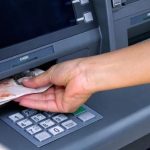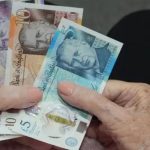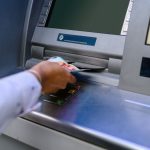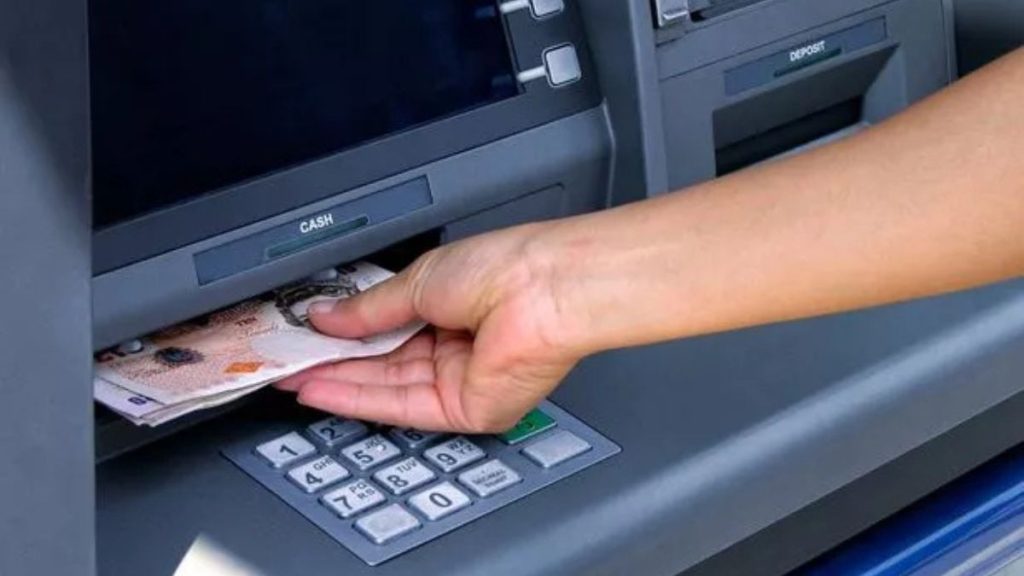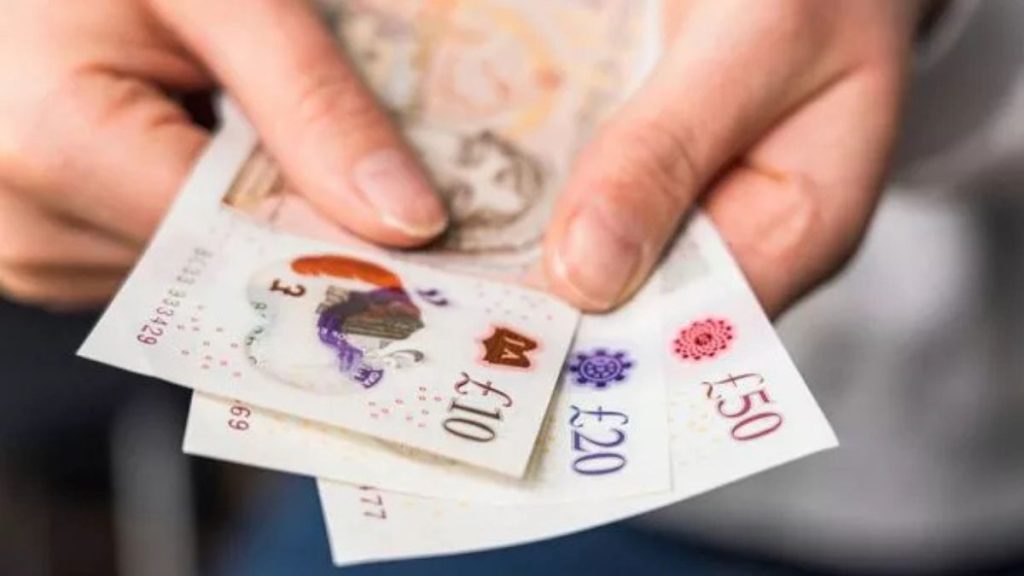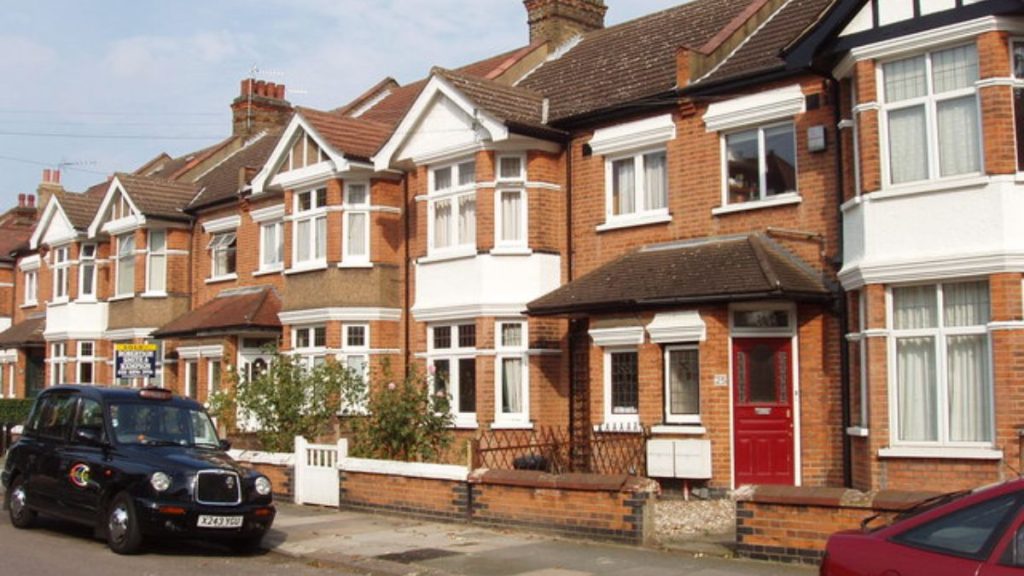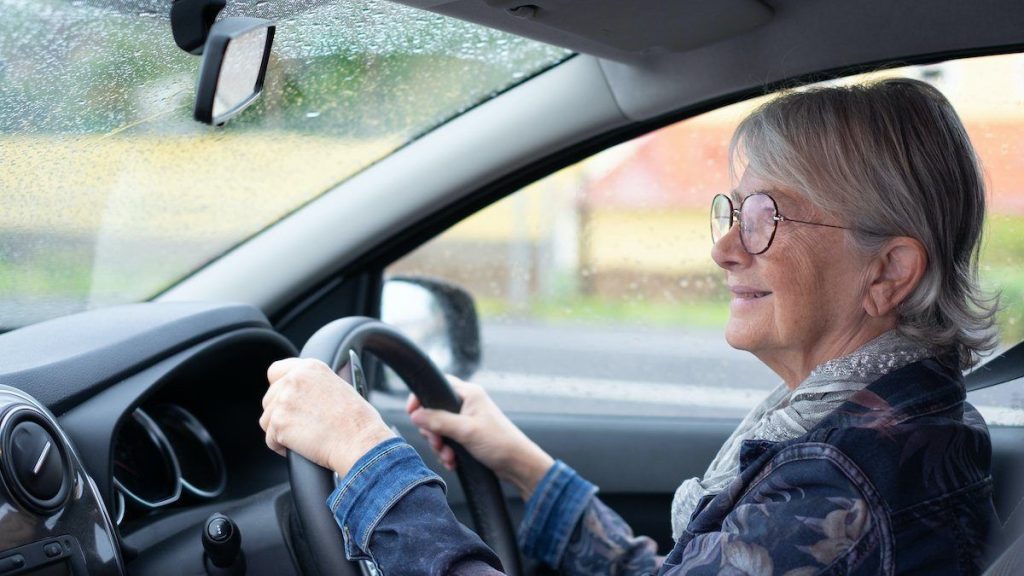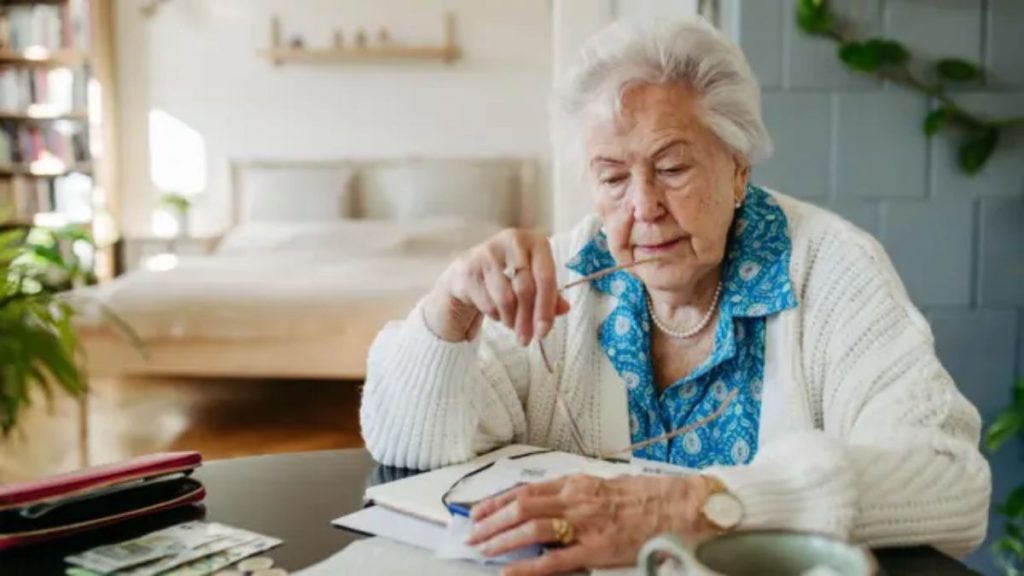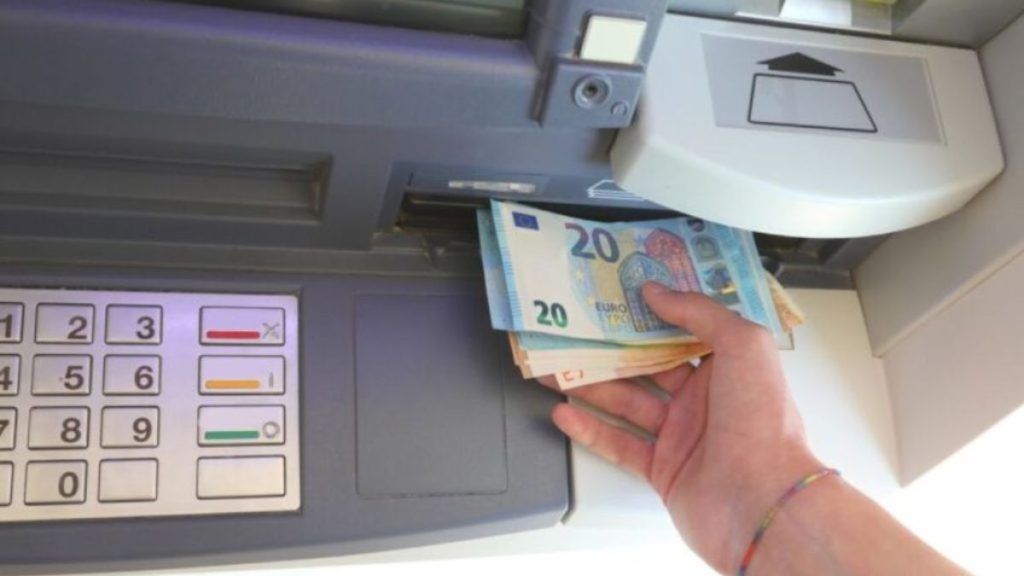As the cost of living in the UK continues to rise, the Department for Work and Pensions (DWP) has announced a new round of £301 Cost of Living Payments for 2025.
This financial support will target low-income families, pensioners, and people on benefits, offering help with essential expenses like food, energy, and rent. With prices still high, this one-off payment aims to provide short-term relief for millions struggling with everyday costs
What Is the £301 Cost of Living Payment?
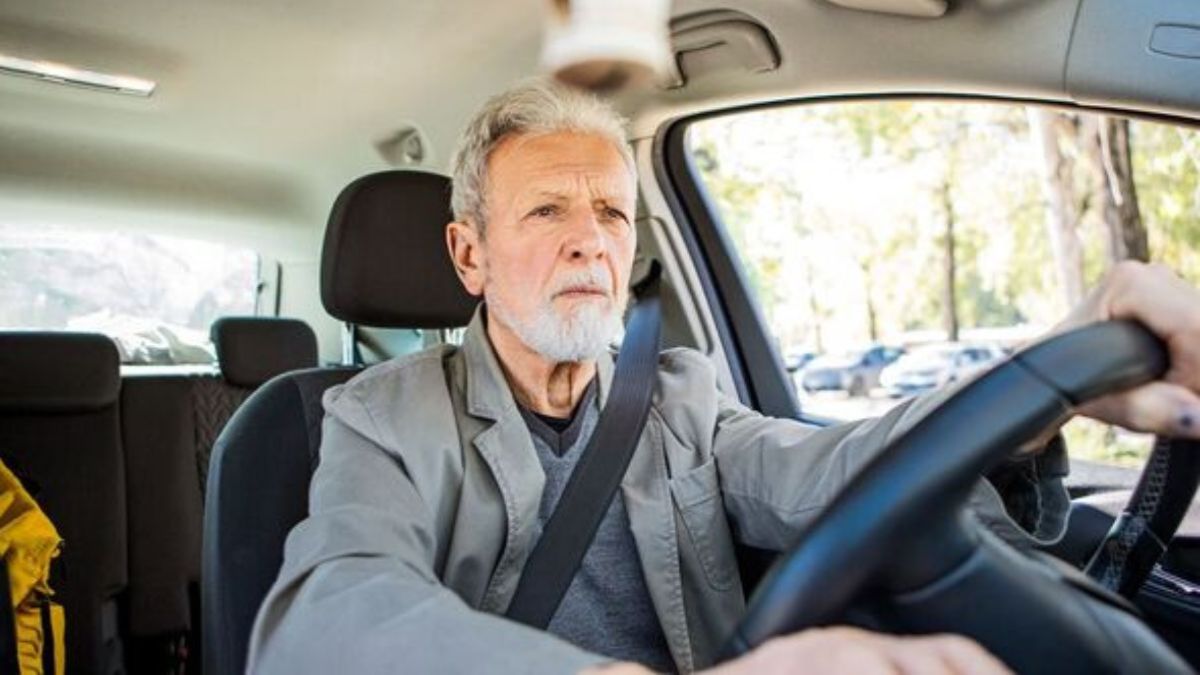
The £301 Cost of Living Payment is a tax-free, non-repayable government payment designed to support households facing ongoing economic pressure.
It’s not a loan, and recipients don’t need to pay it back. The payment continues the government’s multi-year strategy to ease inflation’s impact, especially for those relying on DWP and HMRC-administered benefits.
This initiative follows similar payments in 2023 and 2024 and forms part of the broader Cost of Living Support Package, introduced to stabilize household finances amid persistent economic challenges.
Purpose of the Payment
With inflation, rent, and energy bills rising faster than wages, many families have found it difficult to maintain their standard of living.
The £301 payment aims to bridge that gap — offering immediate, no-strings-attached help to those already receiving benefits. For pensioners, it can mean help with heating and healthcare. For working families, it can ease pressure on grocery and childcare budgets.
Who Is Eligible for the 2025 DWP £301 Payment?
Eligibility depends on receiving one or more qualifying benefits by a specific cut-off date, which the DWP will confirm closer to the rollout.
The following benefits typically qualify:
- Universal Credit
- Pension Credit
- Income Support
- Income-based Jobseeker’s Allowance (JSA)
- Income-related Employment and Support Allowance (ESA)
- Working Tax Credit
- Child Tax Credit
If you receive multiple benefits, you will still only get one £301 payment — preventing duplication.
This ensures fairness while focusing support on those most affected by the rising cost of living.
Updated Eligibility Rules for 2025
The DWP has introduced three main updates to eligibility this year:
- New Benefit Claimants – People who began receiving a qualifying benefit after the last payment cycle may now qualify, provided they meet the new cut-off date.
- Adjusted Income Thresholds – Certain benefits, such as Universal Credit, have revised income rules that could affect eligibility for some claimants.
- Household-Based Payments – In specific cases, payments will be made per household rather than per person, depending on the benefit type and living arrangements.
It’s recommended that claimants review the DWP’s updated guidance once official payment dates are released.
How Much Will You Receive?
The government has confirmed that each eligible person or household will receive a £301 one-off payment.
This payment is tax-free and non-means-tested, meaning it won’t affect your other benefits or tax credits.
If you qualify under multiple schemes (for example, Universal Credit and Pension Credit), you’ll still only receive one payment — ensuring equal support for all claimants.
When Will the £301 Payment Be Made?
Payments will be issued in phases throughout 2025 to ensure smooth processing.
The exact dates will depend on which benefit you receive, but traditionally:
- Pension Credit and State Pension recipients get payments earlier in the year.
- Universal Credit and Working Tax Credit claimants tend to receive theirs later in the rollout.
The DWP and HMRC will notify recipients automatically, and payments will go directly into the bank account linked to their benefit.
For official updates, claimants should check the gov.uk website or their DWP online account regularly.
How to Check If You Qualify
Even though most payments are automatic, it’s important to confirm eligibility and details. You can:
- Log in to your online DWP or HMRC account to check your benefit status.
- Contact your local benefit office or Jobcentre Plus.
- Review official DWP letters or messages sent about upcoming payments.
Be cautious of online scams — the government will never ask for bank details by email, text, or social media.
Automatic Payments vs. Manual Claims
Most recipients don’t need to apply for the £301 payment.
However, if you’ve recently moved, changed bank accounts, or started receiving benefits, it’s essential to make sure your information is up to date.
Those whose benefit claims were still being processed during the qualifying period might receive payment later or may need to contact the DWP once their claim is approved.
What to Do If You Don’t Receive the Payment
If you believe you qualify but don’t receive your £301 payment during the scheduled phase:
- Check your benefit eligibility and qualifying date.
- Confirm your banking information is correct with the DWP.
- Allow time — payments are made in batches and may arrive later for some claimants.
- Contact the DWP through official channels if your payment is delayed beyond the final rollout date.
Avoid third-party websites claiming to help “expedite” your payment — these are often scams.
How the £301 Payment Helps Households
For millions of UK residents, the £301 payment will offer critical relief.
- Pensioners can use it to manage heating and healthcare costs.
- Low-income families can catch up on rent or school expenses.
- Individuals with disabilities may rely on it to fund daily necessities or mobility equipment.
While not a permanent fix, it provides temporary financial breathing space amid continued economic pressure.
Impact on Other Benefits
The DWP has confirmed that the £301 Cost of Living Payment will not reduce or affect other benefits.
That means:
- Universal Credit, Pension Credit, and Disability Allowances remain unchanged.
- The payment won’t be treated as income.
- It will not influence tax credits, council tax support, or housing benefits.
This ensures that every recipient keeps the full £301 amount without losing out elsewhere
Avoiding Scams and False Information
The DWP has urged the public to stay alert to fraudulent messages and fake websites promising faster payment access or “extra bonuses.”
Always remember:
- The DWP never asks for payment or personal details via text, email, or social media.
- Official updates will only come from gov.uk or verified DWP accounts.
- If in doubt, contact the DWP directly to confirm any communication’s authenticity.
How to Prepare for Your Payment
To ensure your £301 payment arrives smoothly:
- Check your benefit status early.
- Keep your banking and contact details current.
- Read DWP notifications carefully.
- Avoid any unofficial sources offering “early access.”
Proactive verification now can prevent unnecessary payment delays.
Government’s Broader Support Initiatives
The £301 Cost of Living Payment forms part of the UK government’s ongoing assistance framework. Other key support includes:
- Winter Fuel Payment – Help for pensioners with heating bills.
- Cold Weather Payment – Automatically triggered during freezing conditions.
- Warm Home Discount – Discounts on energy bills for low-income households.
- Pension Credit – Ongoing top-ups for retirees with limited income.
These complementary measures are designed to safeguard vulnerable households and reduce hardship during the toughest economic periods.
Why This Support Matters in 2025
As 2025 begins, the financial pressures facing households remain intense. While inflation has cooled compared to 2023 levels, essentials like food, housing, and utilities remain expensive.
For many, the £301 DWP payment offers more than financial aid — it provides security, dignity, and relief in uncertain times.
In 2025, this one-time payment will act as a financial cushion, helping households stay afloat as living costs remain high.
(5) Frequently Asked Questions (FAQs)
Q1. What is the £301 Cost of Living Payment 2025?
It’s a one-off government payment from the DWP to help people on certain benefits manage rising living costs in 2025.
Q2. Who qualifies for the £301 payment?
Eligibility includes those receiving Universal Credit, Pension Credit, Income Support, JSA, ESA, or Tax Credits on the qualifying date.
Q3. Do I need to apply for the payment?
No. The payment is automatic for eligible individuals already receiving qualifying benefits.
Q4. When will the £301 payment be made?
Payments will be distributed in phases throughout 2025, with the exact dates announced by the DWP closer to rollout.
Q5. Will this affect my other benefits?
No. The £301 payment is non-taxable and non-means-tested, meaning it won’t affect your other benefits or tax credits.
